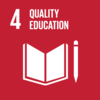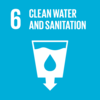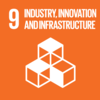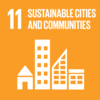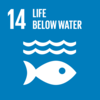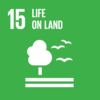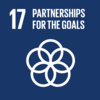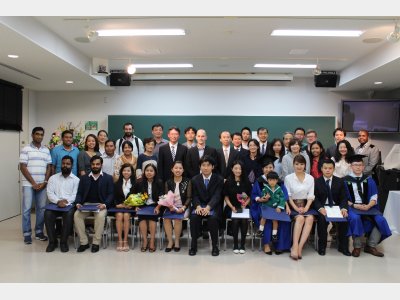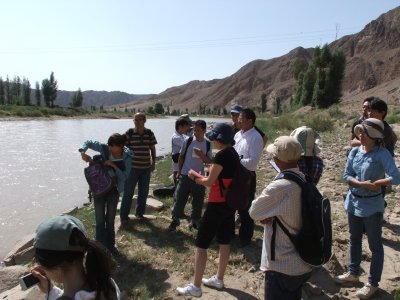Graduate Program in Sustainability Science – Global Leadership Initiative (GPSS-GLI)


Motoharu Onuki
Graduate School of Frontier Sciences
Associate Professor
GPSS-GLI is a 5-year degree program that fosters global leaders who can contribute to resolving global, social and human system issues, in order to address the challenges facing the humankind in the 21st century and achieve a sustainable society. GPSS-GLI started in 2007 as a Master’s degree program, and was selected in 2011 as one of the world-class degree programs under the “Program for Leading Graduate Schools” initiative funded by Japan’s Ministry of Education, Culture, Sports, Science and Technology. GPSS-GLI aims to foster leaders who are internationally active: leaders who possess rich international and hands-on experiences with excellent communication skills; leaders who can offer holistic points of view based upon a broad range of knowledge and high degree of expertise; leaders who can solve problems in such a way that society becomes resilient not only to short-term risks such as natural hazards, but also to longer-term risks such as climate change. GPSS-GLI is taught 100% in English, and interaction and synergy among students and faculty are highly valued. It has attracted students with diverse academic backgrounds from across the globe. GPSS-GLI’s curriculum features a Joint Diploma with the UNU, internship programs at United Nations and other international organizations, exchange programs with universities in Asia and Africa, hands-on exercises, including “Field Exercise” courses, which focus on various themes such as recovery from natural disasters, development and environmental conservation or urbanization and depopulation, conducted at home and abroad.
Related links
Research collaborators
United Nations University
Related publications
- Ma. Laurice Jamero, Motoharu Onuki, Miguel Esteban, Xyza Kristina Billones-Sensano, Nicholson Tan, Angelie Nellas, Hiroshi Takagi, Nguyen Danh Thao & Ven Paolo Valenzuela, “Small-island communities in the Philippines prefer local measures to relocation in response to sea-level rise”, Nature Climate Change 7, 581-586 (2017).
- Esteban, M., Akiyama, T., Chiahsin, C., Ikeda, I., Mino, T. (Eds.) (2016) “Sustainability Science: Field Methods and Exercises” .
- Nguyen Linh Dan and Mino T. (2016) “Student diversity augments studying sustainability in higher education.” J. of Edu. Sust. Development, Issue 10.1, 2016/01/25.
- Teah, H. Y., & Onuki, M. “Support Phosphorus Recycling Policy with Social Life Cycle Assessment: A Case of Japan.” Sustainability, 9(7), 1223 (2017).
- Kittipongvises S. and Mino T. “Perception and communication of flood risk: Lessons learned about Thailand’s flood crisis of 2011”, App. Envi. Res. 37 (1): 57-70 (2015).
Related patents
Chinese patent number CN103985110B (2017)
Contact
- Email: info[at]s.k.u-tokyo.ac.jp
※[at]=@




